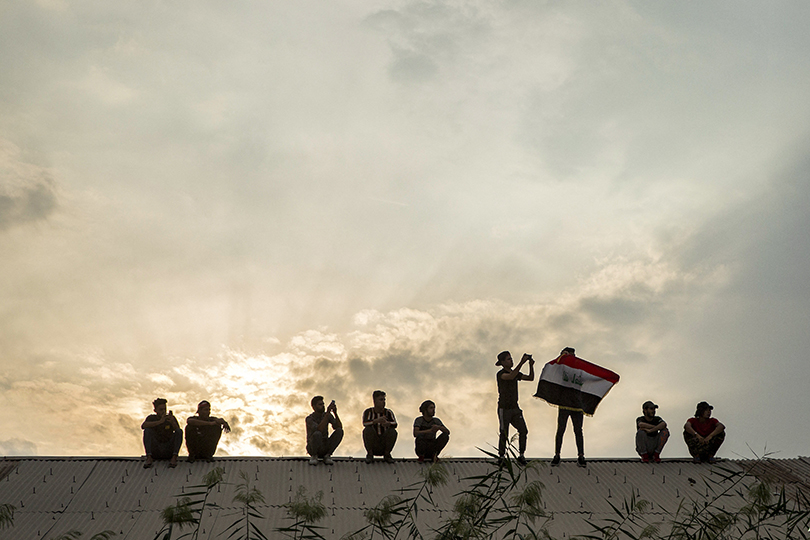By Shamkhi Jabr
The slogan “Freedom First” has recently emerged in response to the fierce assault on public freedoms from various parties seeking to dominate the societal and institutional landscape.
Advocates of authoritarianism and opponents of freedom are mere fragments and shards of the idol of dictatorship that was shattered in Baghdad’s Firdos Square on April 9, 2003.
Since childhood, we have learned that freedom is taken, seized—not begged for or granted. It is not a gift bestowed upon some and denied to others, nor is it a favor offered by a politician to someone with an opinion. Freedom is a fundamental pillar of a sound life, recognized by international laws and enshrined in national constitutions. But who truly enjoys this freedom? Who invests in it and breathes within its vast space?
We say that freedom of expression belongs to the free-minded individual who commands respect through independence, credibility, objectivity, integrity, and sincere concern in what they write.
An ideologically driven politician cannot grant freedom to others, as they only trust their own ideological convictions. To them, freedom feels threatening—it opens the door to other views. That is why freedom is the foundation of plurality and diversity and the enemy of absolutism and dogmatism.
Such freedom cannot be enjoyed by those imprisoned by their own ideology—those turned into mummies or lifeless stones. One cannot give what they do not possess. Ideology and freedom lie on opposite ends of the spectrum. Such a mindset does not permit others to exercise their freedoms unless it aligns with the rigid framework of their ideology. It allows no one to transcend or escape its bounds. Its sky is pre-defined and narrow, and its maneuvering space is confined and restricted. It shackles those who adopt it, no matter what claims it makes. It sings only its own tune and allows no one else to sing on its branches unless it is to its own liking and vision.
Some government officials are attempting to turn the institutions they manage into partisan fiefdoms, erasing within them the well-known and constitutionally recognized Iraqi diversity and pluralism.
The identity and civility of a democratic state cannot be erased by the ideology of a party, sect, or individual. Defending the civil identity of the state and respecting its diversity and plurality is, in essence, a defense of the constitution—the highest guarantor of freedoms and the protector of Iraqi diversity.
Those who believe in democracy, pluralism, and civic life—which form the foundation of the state’s identity—must confront the violations of the constitution carried out by those who infringe upon both individual and public freedoms.






Comments